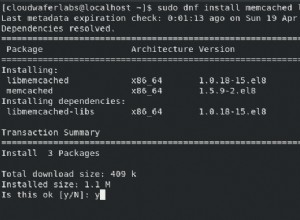Você ainda pode usar
aggregate() aqui com o MongoDB 3.2, mas apenas usando $redact
em vez de:db.boards.aggregate([
{ "$redact": {
"$cond": {
"if": {
"$and": [
{ "$ne": [ "$createdBy._id", "$owner._id" ] },
{ "$setIsSubset": [["$createdBy._id"], "$acl.profile._id"] }
]
},
"then": "$$KEEP",
"else": "$$PRUNE"
}
}}
])
Ou com
$where
para o shell do MongoDB 3.2, você só precisa manter uma cópia com escopo this , e sua sintaxe estava um pouco errada:db.boards.find({
"$where": function() {
var self = this;
return (this.createdBy._id != this.owner._id)
&& this.acl.some(function(e) {
return e.profile._id === self.createdBy._id
})
}
})
Ou em um ambiente compatível com ES6 então:
db.boards.find({
"$where": function() {
return (this.createdBy._id != this.owner._id)
&& this.acl.some(e => e.profile._id === this.createdBy._id)
}
})
A agregação é a opção de melhor desempenho das duas e sempre deve ser preferível ao uso de avaliação JavaScript
E vale a pena, a sintaxe mais recente com
$expr
seria:db.boards.find({
"$expr": {
"$and": [
{ "$ne": [ "$createdBy._id", "$owner._id" ] },
{ "$in": [ "$createdBy._id", "$acl.profile._id"] }
]
}
})
Usando
$in
de preferência a $setIsSubset
onde a sintaxe é um pouco mais curta. return (this.createdBy._id.valueOf() != this.owner._id.valueOf())
&& this.acl.some(e => e.profile._id.valueOf() === this.createdBy._id.valueOf())




